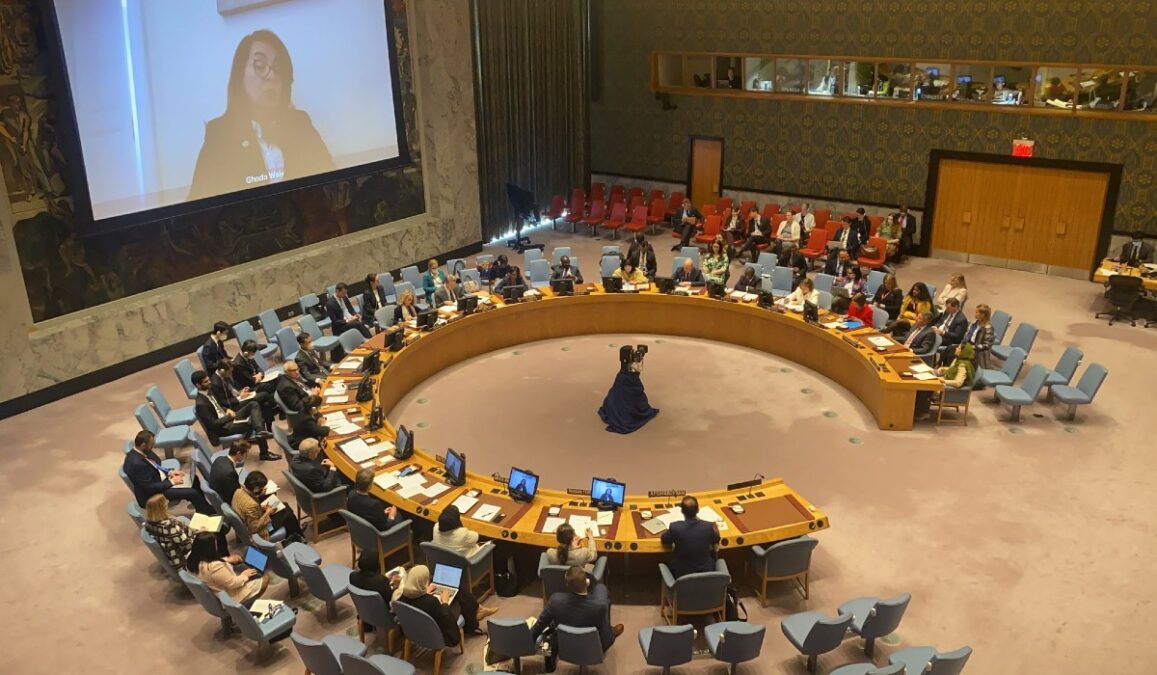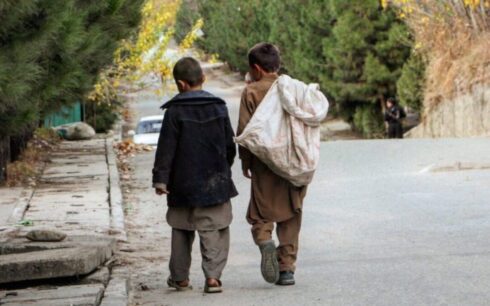The United Nations Security Council is expected to vote on a resolution Thursday that calls on Afghanistan’s Taliban rulers to swiftly reverse their increasingly harsh restrictions on women and girls.
The resolution, drafted by the United Arab Emirates and Japan, is scheduled to be voted on by the 15-member council on Thursday afternoon. Diplomats said it is almost certain to be approved, though Russia and China might abstain.
The draft resolution, obtained late Wednesday by The Associated Press, expresses “deep concern at the increasing erosion of respect for the human rights and fundamental freedoms of women and girls in Afghanistan by the Taliban” and reaffirms their “indispensable role” in Afghan society.
The resolution calls on the Taliban to swiftly restore women’s access to education, employment, freedom of movement and equal participation in public life.
The draft Security Council resolution demands all parties allow full, rapid, safe and unhindered humanitarian access “regardless of gender” and “stresses the urgent need to continue addressing the dire economic and humanitarian situation.”
It also “recognizes the need to help address the substantial challenges facing Afghanistan’s economy, including through efforts to enable the use of assets belonging to Afghanistan’s Central Bank for the benefit of the Afghan people.”
The United States froze billions of the bank’s reserves held in the U.S. and later transferred half of the money to a trust fund in Switzerland overseen by U.S., Swiss and Afghan trustees.
The draft resolution also stresses “the critical importance” of the United Nations’ continued presence across Afghanistan.
This move comes just 10 days after the United Nations said it is ready to take the “heartbreaking” decision to pull out of Afghanistan in May if it can’t persuade the Taliban to let local women work for the organization.
UNDP Administrator Achim Steiner said at the time: “It is fair to say that where we are right now is the entire United Nations system having to take a step back and reevaluating its ability to operate there.”
“I think there is no other way of putting it than heartbreaking,” Steiner said. “I mean, if I were to imagine the U.N. family not being in Afghanistan today, I have before me these images of millions of young girls, young boys, fathers, mothers, who essentially will not have enough to eat.”
In addition to the ban on local women working for the UN, the Taliban has also banned women from attending universities and secondary school. Women are also not allowed to work for non-governmental organizations in the country.
The 3,300 local nationals employed by the UN in Afghanistan — 2,700 men and 600 women — have stayed home since April 12 while the UN’s 600 international staff, including 200 women, are not affected by the Taliban ban.





